“How inappropriate to call this planet Earth, when it’s quite clearly Ocean” – Arthur C. Clarke or Why do we dive?
Humans have done a pretty good job exploring the earth thus far, climbing mountains, crossing continents and planting flags in the name of science. One part of the world that has remained mysterious to us, though, is the very place that accounts for 99% of the Earths’ living space and 71% of its surface: the ocean.
We may have sailed across it, drilled for oil in it, fished a fair amount of its coastline and we’ve let James Cameron show us the deepest part of the ocean, 7 miles down in the Mariana Trench. Despite all our exploitations of the big blue, though, it is estimated that 95% of the ocean remains unexplored.
It is curiosity that drives our exploration and discoveries. The more we learn, the more we realize we do not know. It’s like the more light we cast, the more shadows we create. It’s the need to see what’s beyond the edge of your lights, to see the unknown for yourself, that’s the force that drives all exploration. As Jacques Cousteau said: “If we knew what was there, we wouldn’t have to go”.
Aside from visiting the moon, SCUBA diving can be one of the most surreal experiences of your life. From glowing microscopic plankton to mysterious ocean giants (even peacock mantis shrimp!), we still have so much to understand about the underwater environment.
All Out Africa endeavors to teach people the art of diving and the skill of marine science research. The volunteer and research intern courses work side-by-side with active marine researchers, learning the challenges they face and the wonder of the underwater world. Tofo, Mozambique remains to be one of the worlds few near-pristine diving hotpots, with whale sharks and manta rays and many more iconic marine creatures all year round.
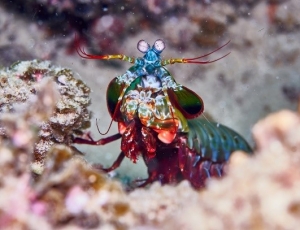 |
Peacock Mantis Shrimp. Photo Credit: Steven Scagnelli (@pleasing_photos) |
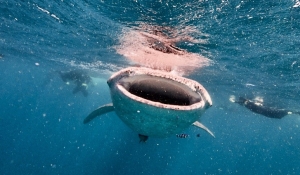 |
Whale Shark. Photo credit: Steven Scagnelli (@pleasing_photos) |
Click here if you would like to know more about our Marine Research Project, or our Dive Master Training Project.

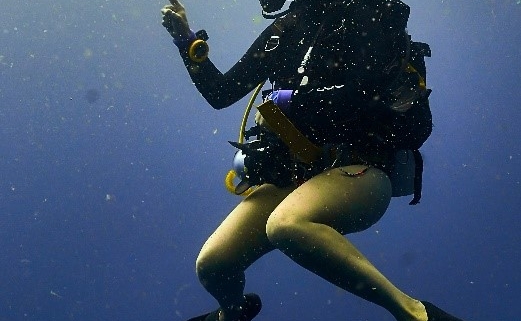
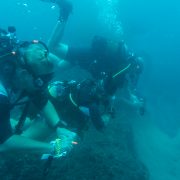
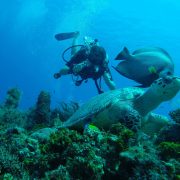
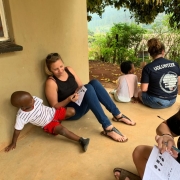
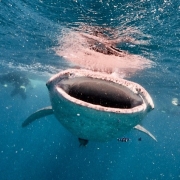
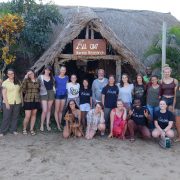
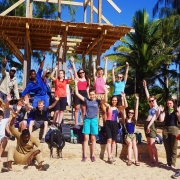
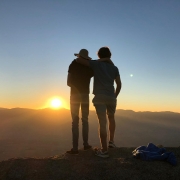
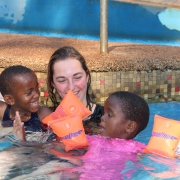


Leave a Reply
Want to join the discussion?Feel free to contribute!